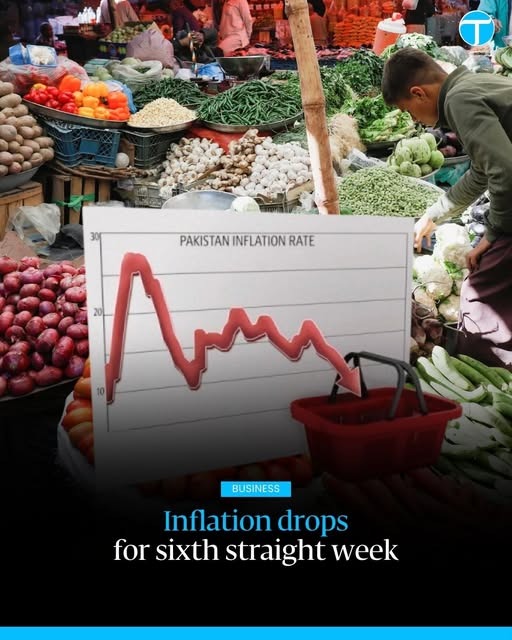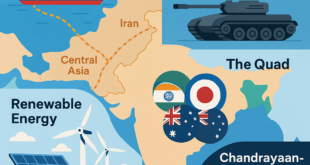In a welcome respite from the economic headwinds that have been battering Pakistan, the country’s Sensitive Price Indicator (SPI) has recorded its sixth consecutive weekly decline. This downward trend, driven primarily by a sustained drop in essential food prices, offers a glimmer of hope for a nation grappling with inflationary pressures._
The Key Drivers of the Decline_
A closer examination of the data reveals that the prices of several staple food items have been the primary contributors to the decline in SPI. Tomatoes, potatoes, onions, chicken, and pulse gram have all seen significant price drops, providing relief to consumers who have been bearing the brunt of rising food costs._
Implications for the Economy_The decline in SPI is a positive development for Pakistan’s economy, which has been struggling to contain inflationary pressures. A decrease in food prices can have a ripple effect, influencing the overall cost of living and potentially easing the burden on households. Furthermore, a stable food price regime can also have a positive impact on the country’s trade balance, as imports of food items may decrease._
Challenges Ahead_
While the decline in SPI is a welcome development, it is essential to acknowledge that Pakistan’s economy still faces significant challenges. The country’s fiscal deficit remains a concern, and the rupee’s depreciation against the US dollar continues to exert upward pressure on prices. Moreover, the ongoing global economic uncertainty, coupled with the impact of climate change, poses risks to food security and price stability.
_The decline in Pakistan’s SPI is a positive development, offering a glimmer of hope for a nation grappling with economic challenges. However, it is crucial to recognize that this decline is only one aspect of a more complex economic landscape. To sustain this momentum, policymakers must continue to implement prudent economic policies, focusing on fiscal discipline, monetary stability, and investments in agriculture and food security. By doing so, Pakistan can build on this positive trend and create a more stable and prosperous economic future.
 Top Trends Blogs
Top Trends Blogs




